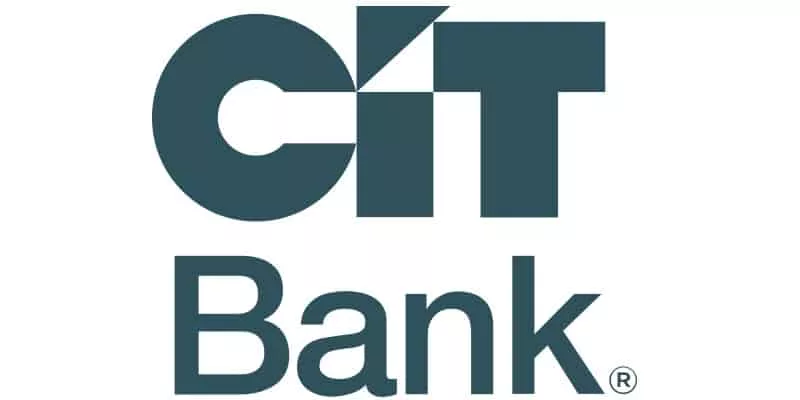Wire transfer scams are increasingly sophisticated, with fraudsters using a combination of psychological manipulation and technological tricks to mimic real banking procedures.
Here is why banks customers fall for wire transfer fraud scams:
Social Engineering and Impersonation
Caller ID Spoofing
Scammers manipulate caller ID to display the bank’s official number, making it seem like calls or texts come directly from your bank.
Creating Emergency Situations
Scammers invent crises—like a hacked account or pending legal action—that demand immediate wire transfers.
Pressure to Act Quickly
Victims are told they must act fast to resolve the fake issue, discouraging verification or scrutiny.
Professional Language and Scripts
Fraudsters adopt the tone, language, and processes of real bank representatives, often referencing real transactions or using stolen personal information.
Authority Impersonation
Criminals pose as bank officials, company executives (e.g., CEO, CFO), law enforcement, or government agencies to add credibility and urgency.
7 Tips To Avoid Wire-Transfer Fraud
Wire-transfer fraud costs victims billions each year; and, in most cases, banks do not reimburse victims of wire fraud.
Financial scammers have perfected the art of deception, blending technology tricks with psychological manipulation to bypass even the most diligent bank customers. Here’s how you can outsmart fraudsters and keep your money safe.
1. Never Share Verification Codes—With Anyone
Your bank’s authentication codes are for your eyes only. Scammers frequently pose as bank staff and insist you read back texts or emails containing codes. No legitimate bank representative will ever ask for this information.
If someone requests a code, hang up and call your bank directly using the number on your card.
2. Question the Caller and Distrust Caller ID
Fraudsters can spoof phone numbers so calls look as if they’re coming from your bank. A friendly, official-sounding voice doesn’t mean it’s real. If you receive an urgent call:
-
End the conversation.
-
Re-dial your bank yourself, preferably from a different phone—never call back a number you were given by the caller.
-
Use only the contact details from your official bank statement or card.
3. Pause Before Acting on Urgent Requests
Pressure is a telltale sign of a scam. Be wary if someone asks you to:
-
Wire money quickly to “protect your account.”
-
“Help” investigate fraud.
-
Keep the conversation secret “for your own security.”
Banks never force you to act instantly. Always take a moment to breathe, think, and verify independently.
4. Review and Double-Check All Wire Instructions
If you’re transferring funds for a real estate purchase, vendor payment, or new business relationship, independently verify payment instructions:
-
Contact known representatives using numbers or emails you independently source (not those provided in recent emails or texts).
-
Be especially cautious if you receive an email or call about a last-minute change to wiring details—this is a common sign of a compromised account.
5. Recognize the Red Flags of Fraudulent Communication
-
Unexpected notifications of “urgent account issues.”
-
Messages with minor errors in sender addresses or URLs.
-
Email, text, or calls that ask for personal or financial information.
-
Requests for wire transfers to unfamiliar accounts, especially overseas.
6. Secure Your Accounts With Strong Practices
-
Enable two-factor (not SMS-only) authentication for online banking.
-
Use unique, complex passwords and change them regularly.
-
Set banking alerts for all large transactions and account changes.
7. Communicate With Your Bank Proactively
If you suspect any unusual activity—even if you’re unsure—contact your bank immediately. Early action increases the chances of halting fraud and may help recover funds.
| What To Do | Why It Matters |
|---|---|
| Never disclose verification codes | Prevents scammers from gaining account access |
| Always verify new payment instructions | Stops funds from being sent to criminal accounts |
| Question urgency or secrecy | Fraudsters thrive on panic and rushed decisions |
| Use the bank's telephone number listed on the back of your debit card | Reduces risk of falling for spoofed communications |
Final Thoughts
Wire-transfer fraud thrives on distraction, urgency, and misplaced trust. The best defense is skepticism—always verify before you wire. Staying calm, informed, and ready to push back on suspicious requests will keep your bank account secure in a world where fraudsters are always trying new tricks.












